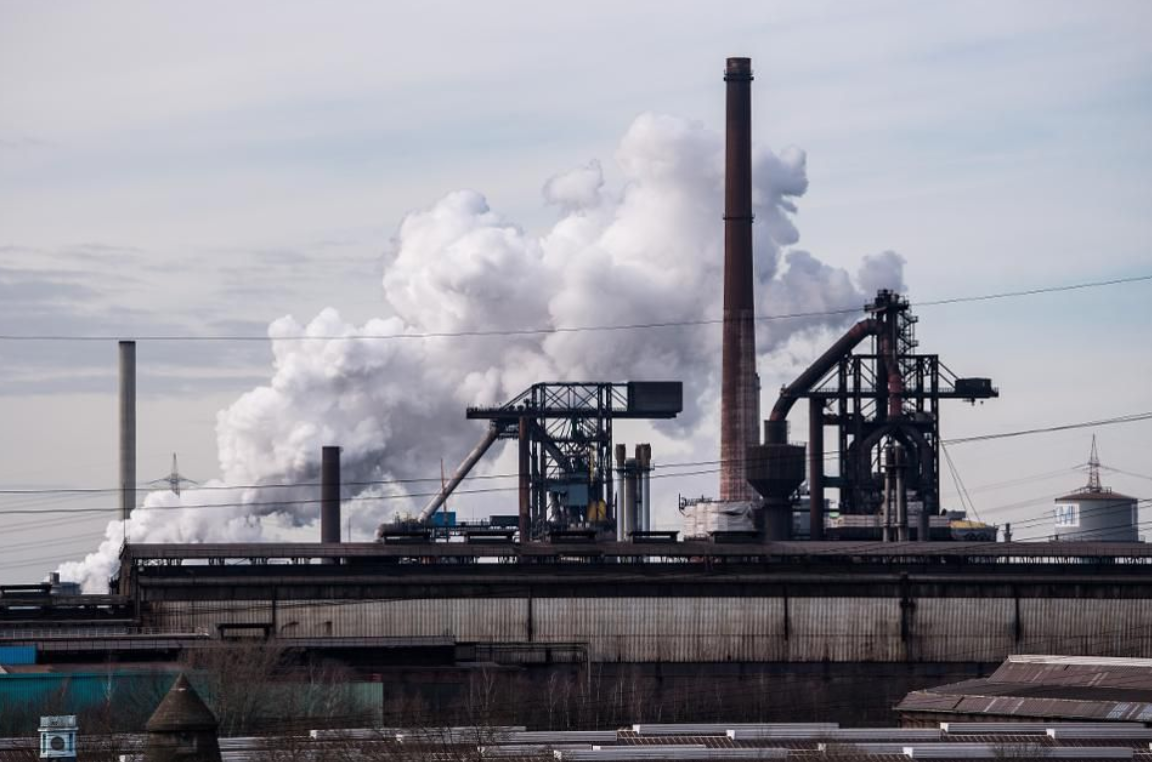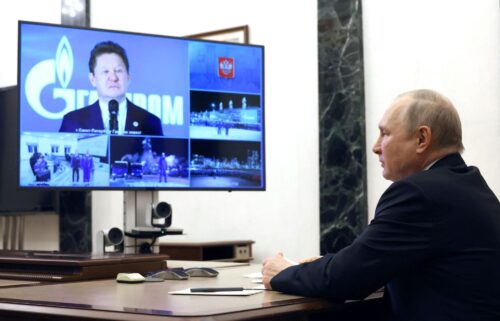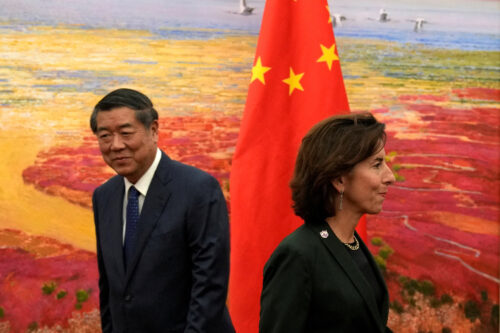Trump’s trade war begins: Are targeted tariffs on China next?


Donald Trump is on a warpath. A trade warpath, that is.
- In the first eight days of March, the American president has tweeted about trade, on average, twice every day. By our count, 14 of his 44 tweets for the month have related to the trade deficit, the American steel industry, trade with China, or other trade-related issues that he is famously obsessed with (Trump is more consistent on trade policy than any other area of policy).
- Today, tariffs that Trump first announced a week ago were signed into law, and the president proclaimed, “We will have a 25% tariff on foreign steel and a 10% tariff on foreign aluminum.” The taxes will take effect in 15 days, the Washington Post reports, and initially gives exemptions to Canada and Mexico and the opportunity to renegotiate for countries that have a “security relationship” with the U.S.
- The tariffs were expected, though as we noted in last Friday’s email for The China Project Access members (subscribe here), they are not very targeted toward China, and were announced with very little planning amid an extraordinarily chaotic week at the White House.
What’s next in U.S.-China trade relations?
- Trump’s most notable tweet, out of the 14 this month, may be the one sent on the morning of March 7: “The U.S. is acting swiftly on Intellectual Property theft. We cannot allow this to happen as it has for many years!”
- This refers to “An announcement following an investigation by the U.S. Trade Representative’s office into China’s IP practices,” which “is expected in the coming weeks,” Bloomberg reports. The investigation would give Trump a good reason, which by all accounts he is eagerly waiting for, to “go harder” on trade with China.
- “Under the most severe scenario being weighed, the U.S. could impose tariffs on a wide range of Chinese imports, from shoes and clothing to consumer electronics, according to two people familiar with the matter who spoke on condition of anonymity because the discussions aren’t public,” according to Bloomberg.
If more tariffs inflicting more severe damage on China are implemented, here’s what could happen:
- “China would have to make a justified and necessary response.” That is what Chinese Foreign Minister Wang Yi said, without elaborating, on March 8, according to the Guardian.
- But Trump would have the support of his Republican Party. Over 100 lawmakers in the Party sent a letter to Trump expressing opposition to Trump’s tariffs on steel and aluminum, but at the same time “calling for him to focus any action on unfair trading partners, like China,” the New York Times additionally reports (paywall).
- He also may have the support of Elon Musk, the Tesla CEO who is having difficulty securing an agreement on a factory for his company’s cars in Shanghai. The Verge notes that he tweeted directly at the U.S. president multiple times on March 8 to call for tariffs on Chinese cars “while also referencing the previous administration — a popular method for anyone trying to sway Trump’s opinion.”
- Meanwhile, the rest of the world is moving on — specifically, the 11 countries around the Pacific Ocean who had a deal — the TPP — with the U.S. to build a system of trade that would “counter China’s growing economic might in Asia,” until Trump pulled his country out upon entering office. The New York Times reports (paywall) that they “signed a broad trade deal on Thursday in Chile’s capital, Santiago, that challenges Mr. Trump’s view of trade as a zero-sum game filled with winners and losers.”






